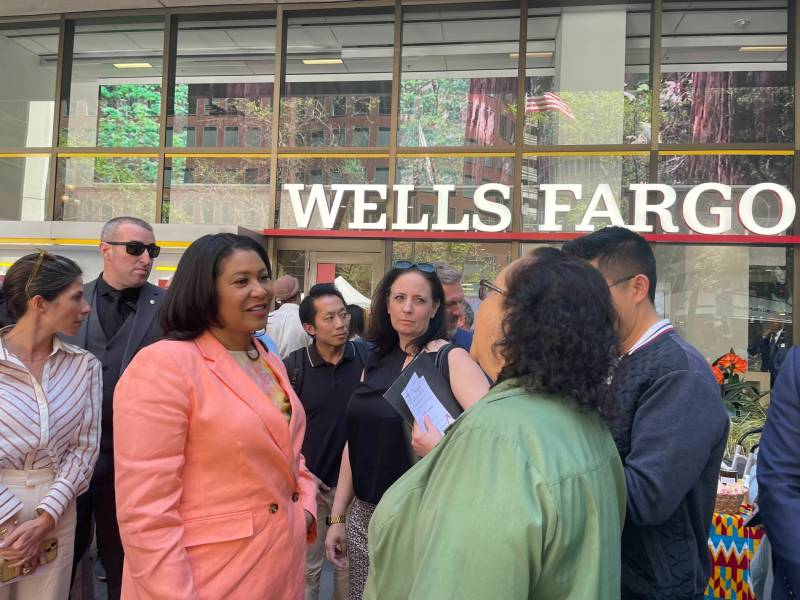San Francisco Mayor London Breed’s proposed $15.9 billion budget includes new funding for police and other city workers, alternative revenue sources, and cuts to close what was projected to be a $789 million two-year deficit.
The proposal released Friday comes at a precarious political time for Breed as she fends off challengers in the November election. The election gave city unions leverage to ask for better wages even as revenues continue declining. In December, Breed had asked city departments to make 10% cuts to stave off the budget shortfall.
“In this budget, we made the tough decisions to close our deficit and those are never easy, but we also made the right decision to invest in critical city services our residents expect and deserve,” Breed said in a statement.
The proposed budget spans two years: $15.9 billion for fiscal year 2024–25 and $15.5 billion for fiscal year 2025–26, pending approval by the Board of Supervisors. The board’s Budget and Appropriations Committee will hold hearings to review Breed’s proposal and to hear from community members. The budget deadline is Aug. 1.
For the San Francisco Police Department, Breed proposed an increase of 7.75% for entry-level and existing salaries, new incentive packages to entice entry-level and mid-career officers to join amid a staffing shortage, and retention increases for existing officers to stem retirements and transfers. The proposal also includes new funding for SFPD surveillance cameras and related data collection, enacted partly due to the expansion of police surveillance powers with the passage of Proposition E on the March ballot.

